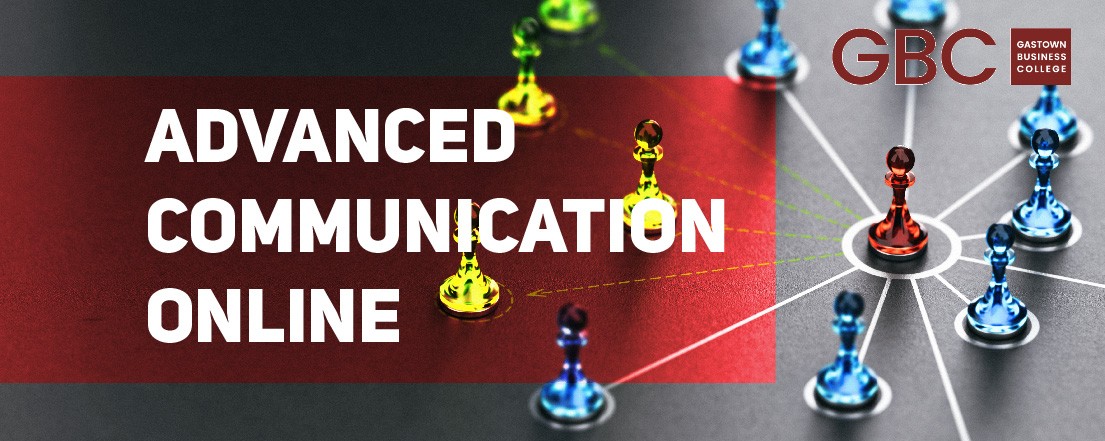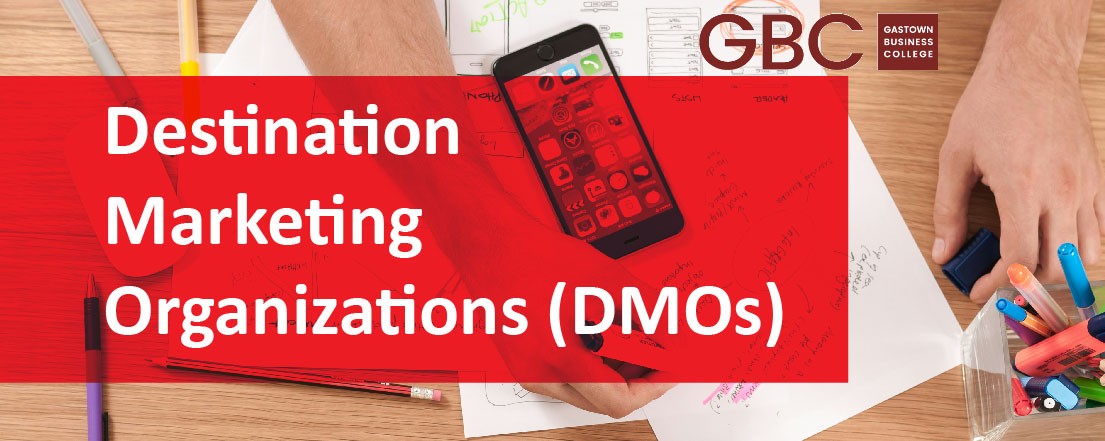
- Teacher: Bukola bepo





This course explores the fundamentals of marketing tailored for small and medium-sized enterprises (SMEs). Through practical insights, case studies, and actionable strategies, participants will learn to develop effective marketing plans, enhance digital presence, leverage e-commerce platforms, and build strong customer relationships. Perfect for entrepreneurs and business owners, this course equips SMEs with the tools to thrive in competitive markets.

Hello, I'm Terry, your instructor for the PRAC module.
The module consists of 27 lessons, and I'll meet with you this week to discuss the assignments. If you have any questions, feel free to ask during that time.
All links to the video/PowerPoint lessons are uploaded, this will be accessible throughout the module.
Assignment submission details will also provided, so please follow the deadlines in your program schedule.

Hospitality Fundamentals is an introductory course that provides students with a basic understanding of the hospitality industry. It covers key areas such as customer service, hotel and restaurant management, tourism, and industry trends. Through discussions, case studies, and practical exercises, students will develop essential skills like communication, teamwork, and problem-solving. By the end of the course, students will understand the structure of the hospitality industry and its significance to the global economy, preparing them for careers in hospitality or related fields.


The Destination Marketing Organizations (DMOs) short course introduces students to the fundamental principles of promoting tourism and driving economic growth through strategic marketing initiatives. DMOs serve as the cornerstone for branding and marketing destinations, collaborating with local stakeholders to attract visitors and elevate the visitor experience. By leveraging cultural, natural, and historical assets, DMOs create competitive advantages for their regions in the global tourism market.
This program provides a comprehensive overview of DMO structures, funding models, and marketing strategies, incorporating real-world case studies to bridge theoretical knowledge with practical applications. Students will also examine the impact of DMOs on regional economies, particularly focusing on British Columbia (BC) as a case study. BC's Ministry of Tourism places high priority on sustainable growth and expanding its visitor economy, making DMOs critical players in achieving these objectives.
Through 20 hours of instruction, this course equips students with the skills and insights necessary to understand, evaluate, and contribute to destination marketing efforts. Whether preparing for a career in tourism or gaining insight into the mechanisms behind successful tourism campaigns, this course serves as a valuable stepping stone.


This introductory course explores the pivotal role of gateway cities—strategic entry points in global tourism and commerce. Students will learn to develop targeted marketing and public relations campaigns that highlight the unique cultural, historical, and economic attributes of these cities. Key topics include market analysis, digital marketing strategies, branding, and stakeholder collaboration. Through practical exercises and case studies, participants will gain the skills needed to position gateway cities as must-visit destinations, leveraging modern tools to appeal to global audiences.

This course provides a comprehensive foundation for aspiring entrepreneurs and small business managers to understand the critical aspects of starting, managing, and growing a successful SME. Through interactive lectures, real-world case studies, and practical exercises, students will explore the fundamentals of entrepreneurship, effective business management, legal frameworks, financial planning, and marketing strategies.
Key topics include:
By the end of this course, students will develop the skills and knowledge to launch, operate, and sustain a competitive SME in today’s dynamic business environment, with a focus on Canadian contexts and global best practices.

This course explores the fundamentals of marketing tailored for small and medium-sized enterprises (SMEs). Through practical insights, case studies, and actionable strategies, participants will learn to develop effective marketing plans, enhance digital presence, leverage e-commerce platforms, and build strong customer relationships. Perfect for entrepreneurs and business owners, this course equips SMEs with the tools to thrive in competitive markets.

Strategic Growth Management for SMEs: Innovation, Marketing, and Sustainability is a comprehensive course designed to equip small and medium-sized enterprises (SMEs) with the tools and strategies necessary for sustainable growth in today’s competitive market. Participants will explore key areas such as market analysis, financial planning, team development, marketing strategies, technology integration, and sustainability practices.
Through practical examples, case studies, and interactive sessions, this course provides actionable insights into setting strategic goals, leveraging technology for operational efficiency, fostering innovation, and aligning with market trends. By the end of the course, participants will have a roadmap to drive growth while maintaining a balance between profitability, innovation, and responsible business practices.


Dear Students,
This is a special section for the students who want to take the Hospitality final exam online.
Please remember that you should take the exam at the exact time provided for the test, and if you cannot meet the deadline, the test cannot be extended.






